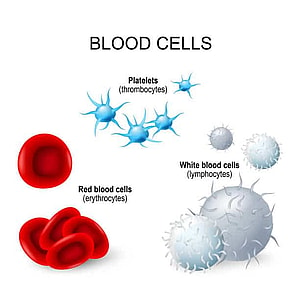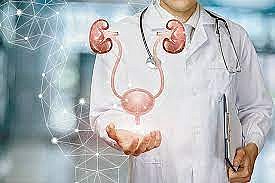
...the urinary system. The kidneys are the two bean-shaped organs found on each side of the body near the adrenal glands. The kidneys are the body’s complex filtration system. The...

...disturbances Acute and chronic renal failure Acute and chronic kidney disease End-stage renal disease and dialysis During the consultation, the nephrologist will make a thorough assessment to determine if the...

...cells are a type of undeveloped cell that can develop into any specialized cell in the body, including red blood cells, white blood cells, and platelets. This type of...

...dissection proceeds extraperitoneally until the kidney and the ureters are exposed. A nephrotomy involves a sharp incision over the capsule of the kidney, after which, blunt dissection of the renal...

...abnormal the cancer cells look under the microscope Estrogen and progesterone receptor status: Whether the cancer cells have receptors for these hormones HER2 status: Whether the cancer cells are overproducing...

...to blockage of the UPJ. Improved kidney health: Pyeloplasty can help to improve kidney function and reduce the risk of further kidney damage caused by the UPJ obstruction. Increased urine...

...splinters, and remove dead cells, old red blood cells, and other debris.1 A white blood cell count checks both the overall levels of white blood cells in the blood, as...

...including the kidneys, bladder, and reproductive organs. **Question: What conditions do nephrologists treat?** **Answer:** * Chronic kidney disease * Acute kidney injury * Glomerulonephritis * Polycystic kidney disease * Kidney...

...kidney * renal fixation * kidney stabilization * kidney surgery * hydronephrosis * renal torsion * pain relief * improved quality of life * enhanced kidney function * long-term stability...

...a life-sustaining treatment for individuals with end-stage renal disease, chronic kidney failure, or acute kidney injury. **Question: How Does Dialysis Work?** **Answer:** Dialysis works by replicating the function of healthy...







